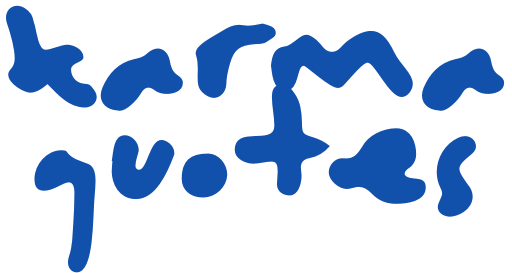
PayPal Mafia is the famous term for a group of former PayPal founders and early employers who brought PayPal into existence and then founded or developed a lot of successful tech companies such as YouTube, Tesla, LinkedIn, Yelp, SpaceX, Palantir Technologies, Yammer, and so on.
Most of the PayPal Mafia members attended Standford University or the University of Illinois at Urbana-Champaign. The imprint these young, successful, and highly-driven people left is remarkable, not only in Silicon Valley but in the whole space of startups and technology.
To give a sense of how successful the PayPal mafia is, I’ll name a few most famous members:
- Elon Musk
- Peter Thiel
- Max Levchin
- Reid Hoffman
- David O Sacks.
- Keith Rabois
- Steve Chen, Jawed Karin, and Chad Churley – co-founders of YouTube
The list of these people makes a great impression. But there must be something special that happened in the early days of PayPal that set their members on such a successful path after leaving the origin company. And studying what exactly was behind the PayPal Mafia could have a crucial effect and impact on our lives, not only in terms of careers but as a whole path.
The inspiration for this blog post was one of the tweets that I came across and found highly insightful:
The PayPal mafia is ridiculously understudied. Learning *exactly* what happened there, why, and whether/how we can reliably replicate it seems like it could be the most important meta problem in the world.
I studied the PayPal mafia and took a couple of valuable takeaways and revelations that I think could serve you well.
Additionally, I wholeheartedly recommend Jimmy Soni’s book “The Founders”. Jimmy went in-depth about the PayPal story, connecting the dots and trying to draw conclusions that made the entrepreneurs who shaped Silicon Valley such successful.
The history of PayPal is the story of the young, most interesting, and greatest minds from the late 1990s who work on new technologies in one place. And the question Jimmy Soni asked himself is:



